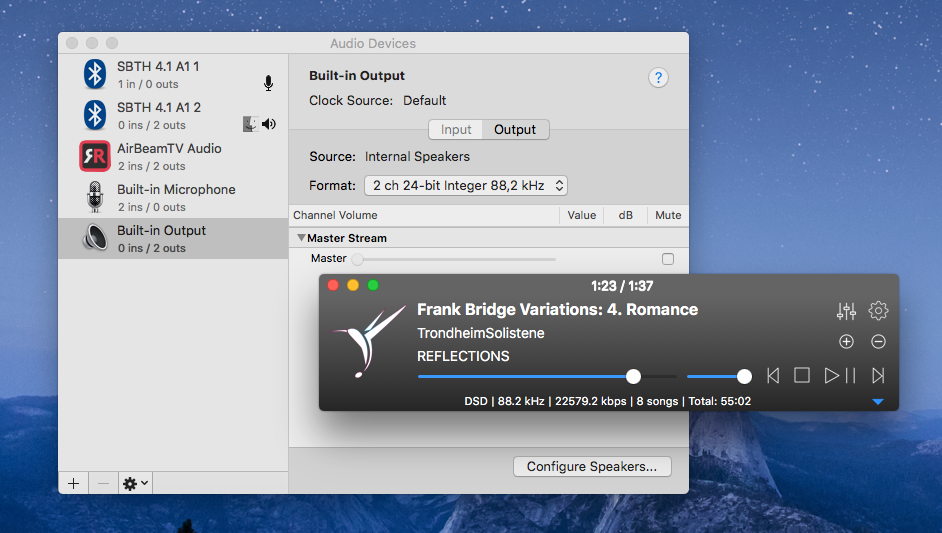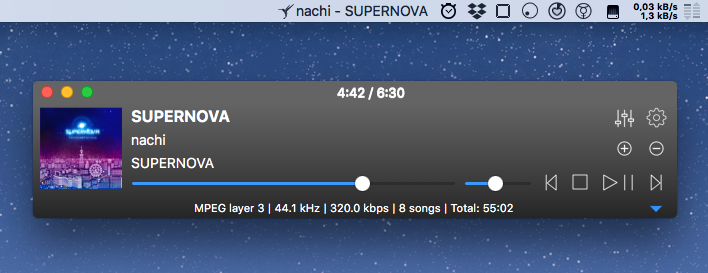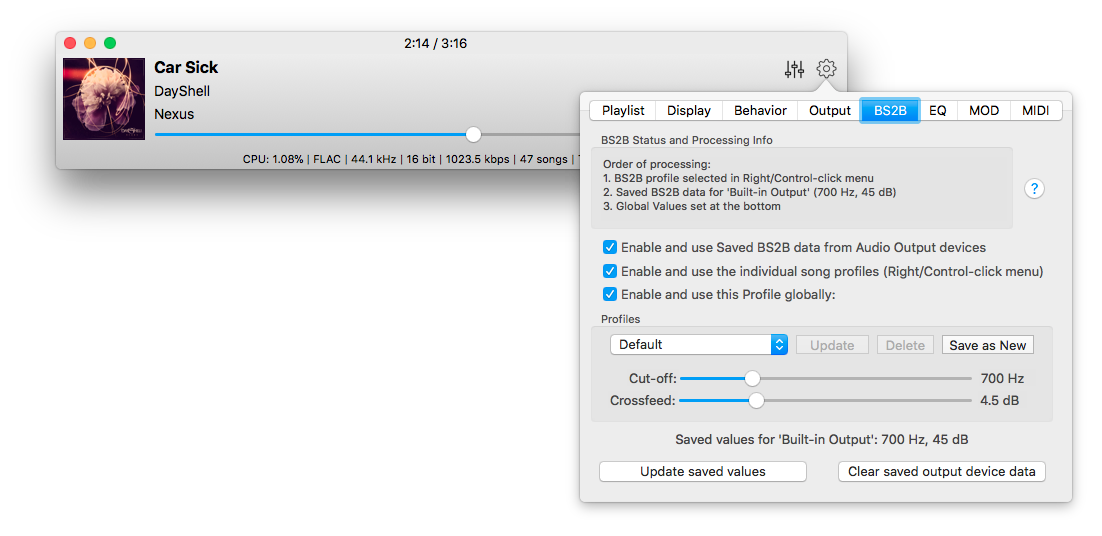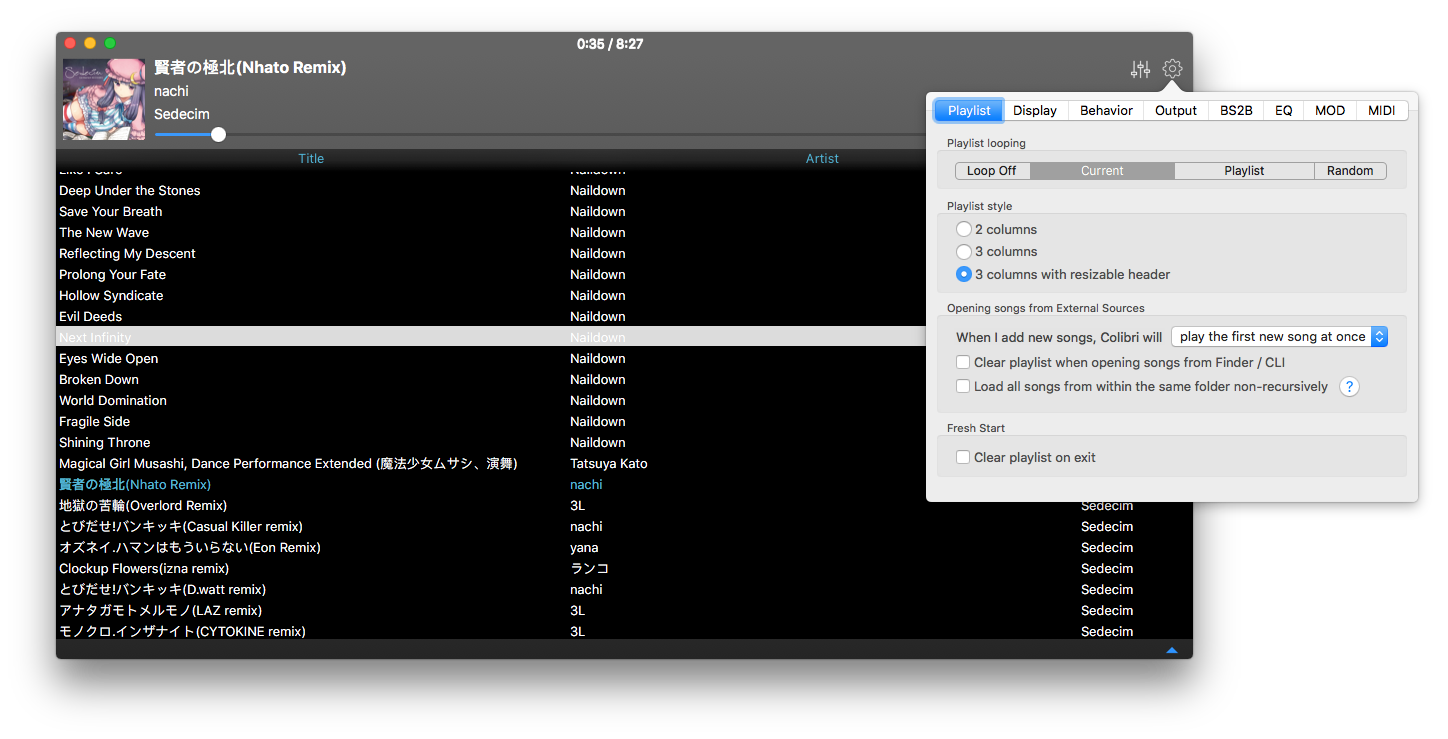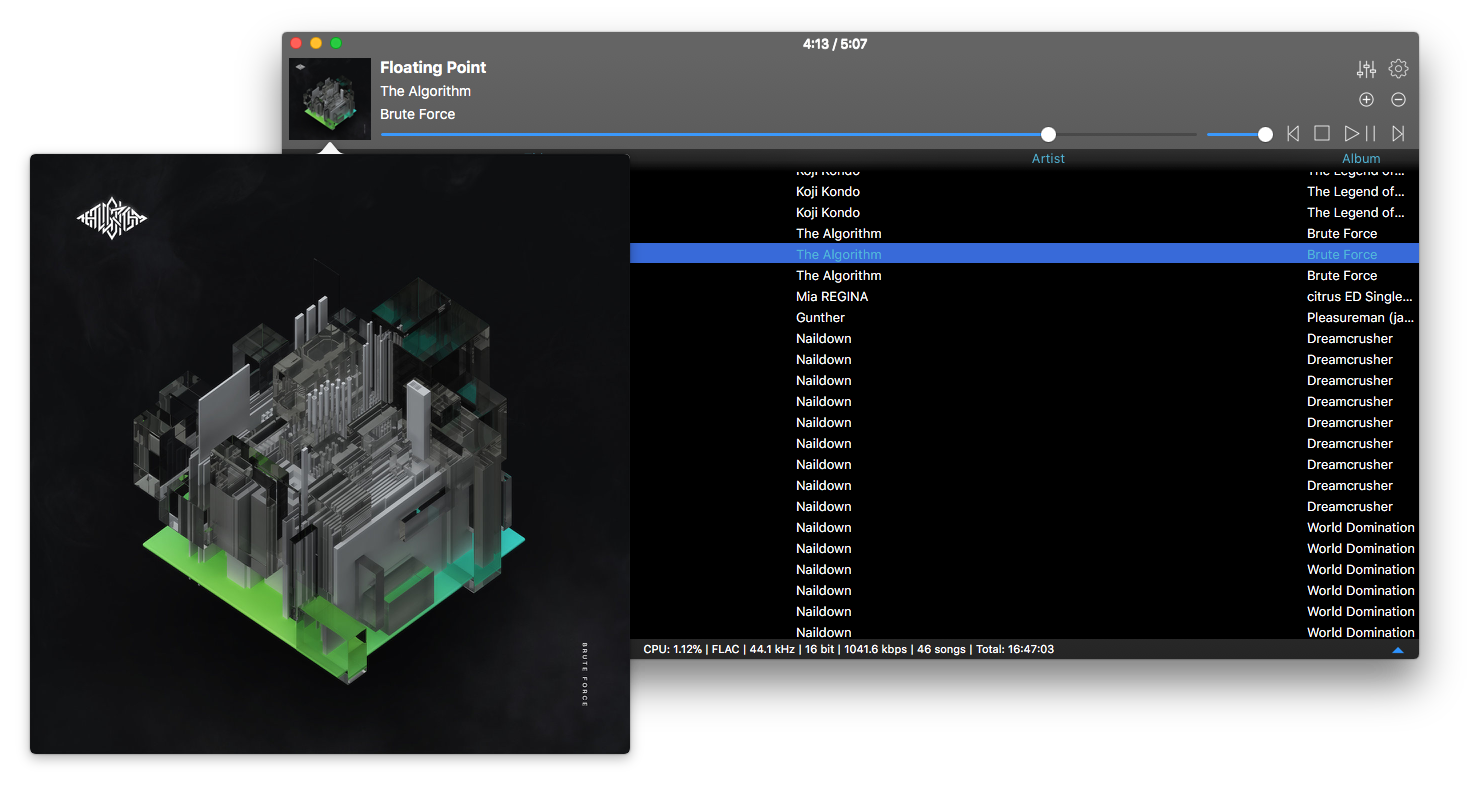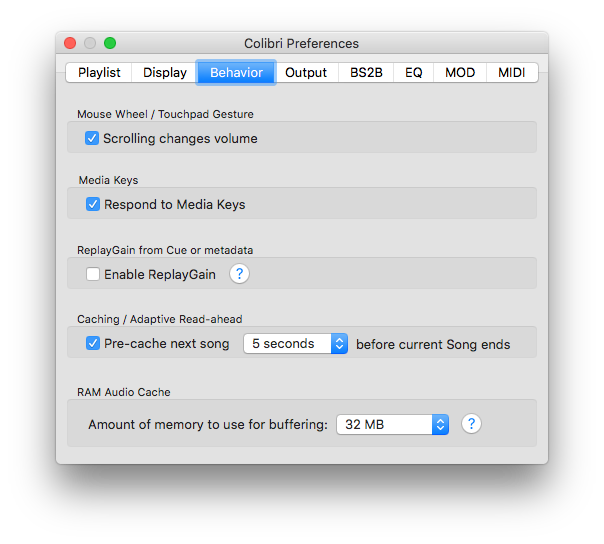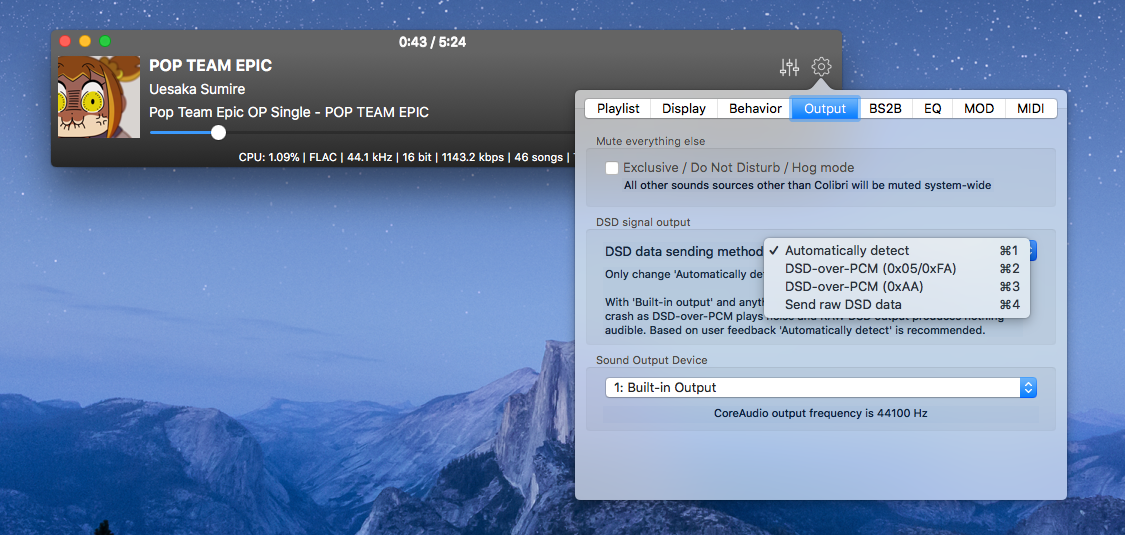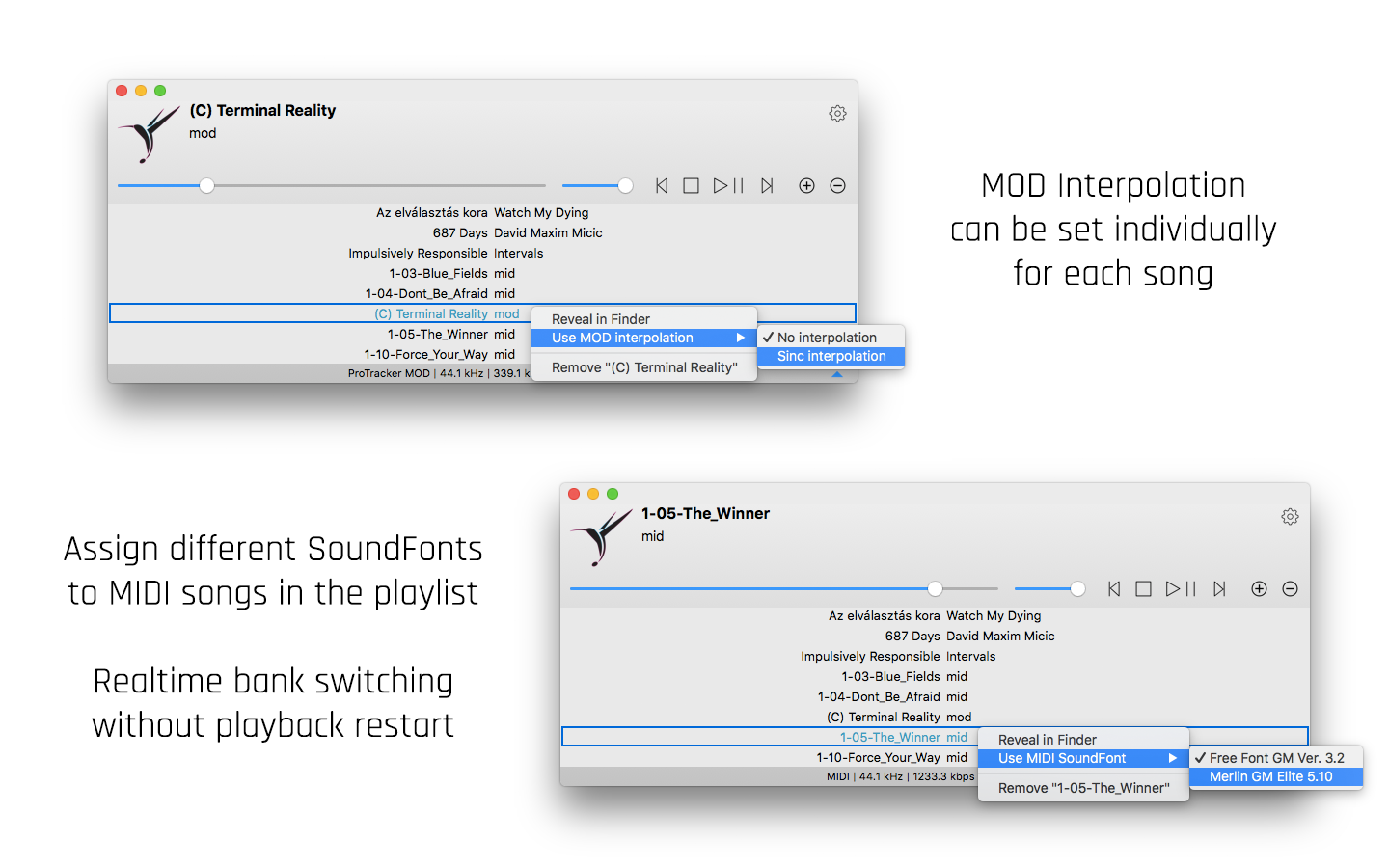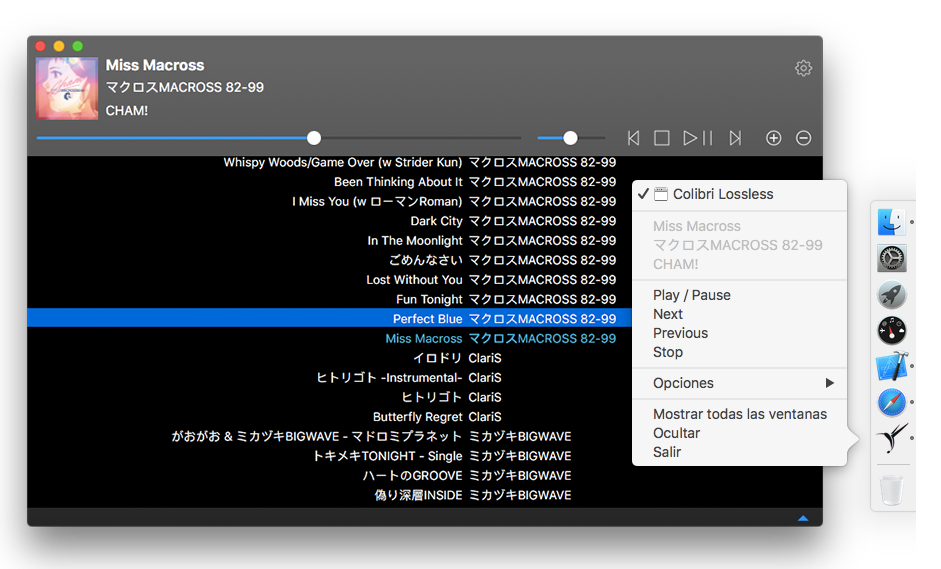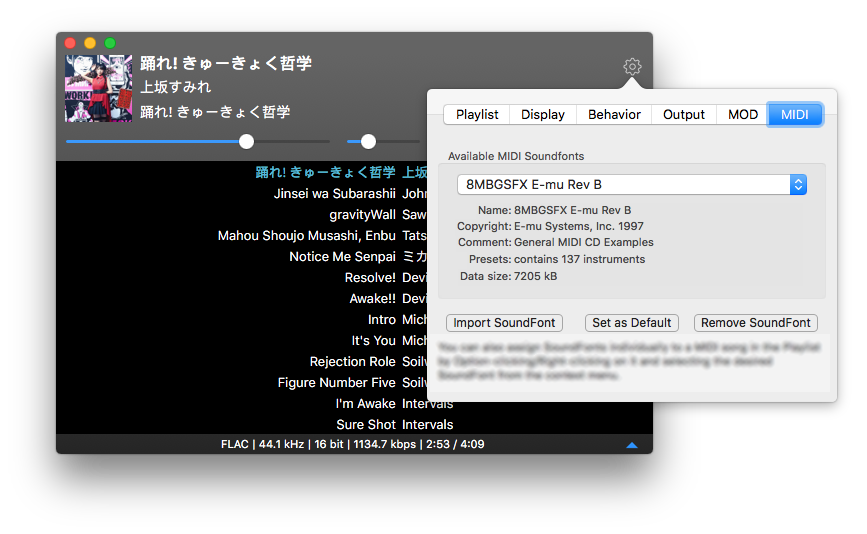Hi everyone, thanks for checking in!
As most of you are aware, Colibri is currently undergoing a really heavy rewrite: a new, modern architecture was made to better accommodate the new features and upcoming operating systems while greatly increasing the stability. These are grandiose words, but in reality it all means that since starting Colibri I’ve learned constantly and am putting in my best effort to reflect on these past experiences and knowledge with this update.
At first I constantly updated the FAQ section to let people know that I am still working on it and I haven’t abandoned the project. It is understandable as the latest update happened many months in the past. I’d like to take the time and emphasise it once more: Colibri is a labour of love, a passion project and is done by solely me in my free time – although I’m devoting it way more energy and time than some would consider healthy, I firmly believe that the end result will most certainly justify this. At the end of the day, I also use it on a day to day basis and it also bothers me that the update is taking this long.
Why is it taking this long? Apart from it being nearly as much work as writing a completely new version of Colibri I also did the mistake of biting off more than I can chew in a feasible amount of time. I did identify a handful of bugs related to the architecture and the way I wrote Colibri back in the day and instead of hacking around (and possibly introducing new bugs) I thought to have a clean slate with more future-proofing in mind. This, as a kind fellow pointed out, is also a “siren’s call” as more often than not it happens that one set of bugs are fixed and a new set is introduced instead. What can I do to prevent this? Doing my absolute best from start to finish and use all the tools available to me to ensure such scenario does not come to pass.
But enough with the words as writing this takes time away from developing the update, so without further ado, here are the status updates from oldest to newest, scroll to the bottom for the latest!
TL;DR: I’m still working on the update, see the latest status update below.
01/05/2020: it is a massive rewrite and needs lot of testing, adjustments and making sure that it will remain as compatible with your current settings as possible.
20/05/2020: still heavily working on it, have uncovered some additional sample rate switching issues, mostly affecting pre-load. Fixed a handful of bugs relating to Sandbox and Network Stream support. I still estimate a good few weeks as I would like to release an update that is stable. Currently, I’m at around 9,000 lines of code changes and counting.
04/06/2020: going strong with the rewrite, uncovered a latency issue with external DACs – have an experimental solution to it, just need to stabilize it. Also had to write a wrapper for CoreAudio.
25/06/2020: one major issue Colibri had with audio clicking on some DACs during song switching and pause is now fixed, the CoreAudio wrapper seems to eliminate the hickup frequency switching caused under a lot of circumstances.
05/07/2020: fixing smaller user-reported issues and doing a bit of an overhaul for the Settings view. I aim to release it as fast as possible but at the same time I’d also like to be sure that it was worth the wait, so please bear with me!
31/07/2020: I’m not on vacation and am actively working on the update. I’ve finally found why some of you experienced the inability of your Mac to sleep while Colibri is running, even if music isn’t playing. I’ve ended up writing a tool to help test my theory and it might end up in the AppStore after a bit of polish. So yes, work is being made – your patience is much appreciated!
13/08/2020: Checking the reported crashes so far and making sure they do not come up after the new update – so far so good. Rest assured, I’m working on it as much as I can.
24/08/2020: Volume changes are now properly shown in the title bar – it supersedes the “gray capsule-looking notification bar” that appears at the bottom of Colibri’s window. Right now I’m putting on the finishing touches to some RAM-related new features – a fresh take on a somewhat usual and heavy-requested feature. I really hope you’ll like it!
27/09/2020: Still working on the update, had a somewhat new idea regarding the feature I’m working on. I think I now also know why I haven’t seen this implemented in a lot of players. Stay tuned, I’m not quitting any time soon!
02/11/2020: Now Colibri can properly extract cover images from DSF files and other exotic formats, before resorting to supplied images in the songs’ folder. Fixed permanent pause and output switching bugs as well and the annoying Sandbox window for album art loading is now officially gone. There are still a great amount of work left to be done so bear with me, I’m sinking all my available free time into it to make your wait worthwhile.
01/12/2020: Still working on the update! I’ve got a two bug reports which are now also fixed. Also to the best I can test, the popping sound during pause/unpause of DSD streams is now fixed along with other clicks that could be heard while using an external DAC. I’ve also added extra methods to better accomodate AirPods and AirPods Pro compatibility – sadly, the automatic mic switching can still cause an initial quality drop when starting playback (as a result of the Bluetooth standard).
05/12/2020: The OS X 10.10.5 display bug has been fixed and will be part of this update, hang tight!


